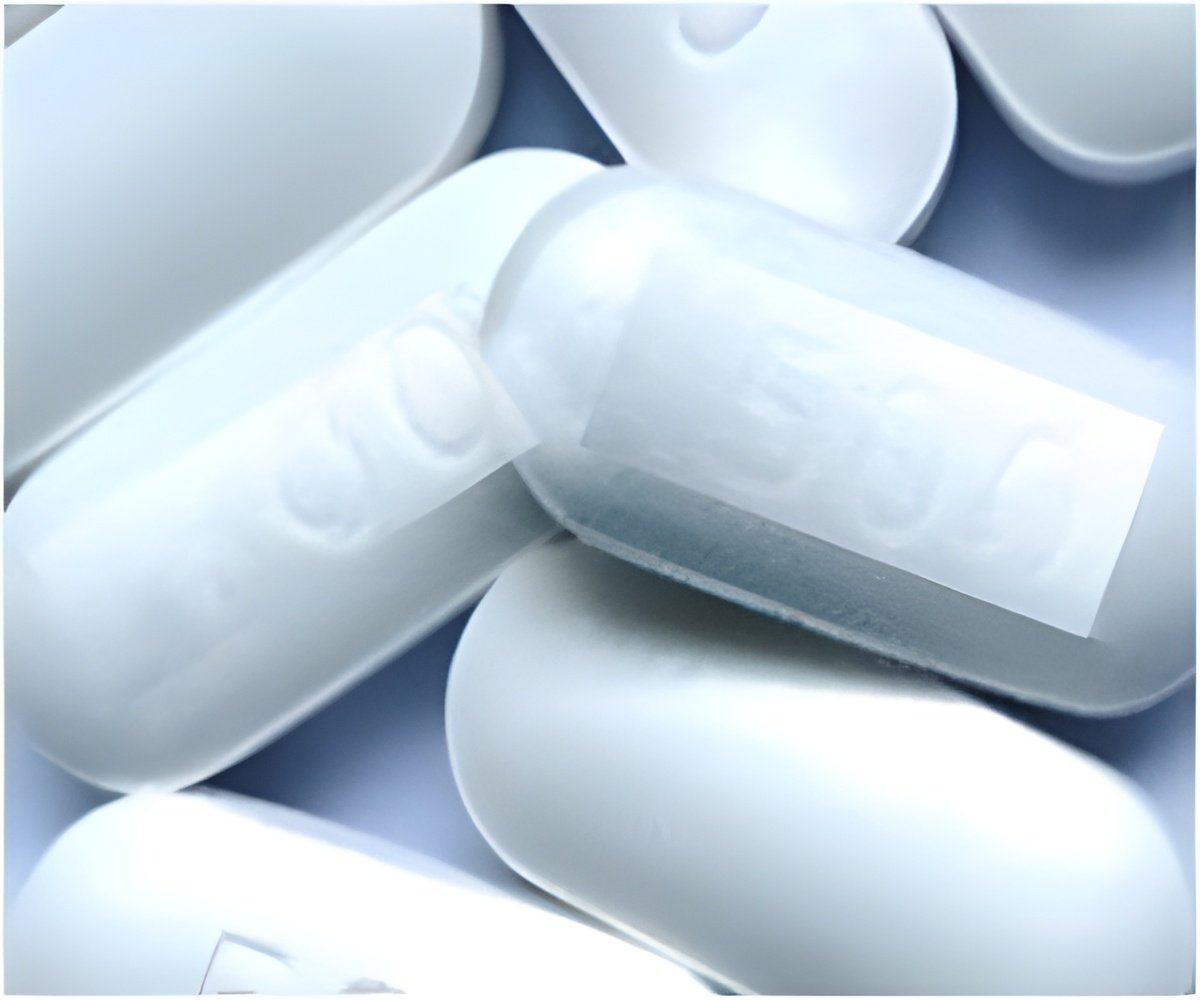New research has suggested that a novel antibacterial protein targeted against E. coli O157:H7 may offer a way to prevent or treat serious food-borne bacterial infections.

"E. coli O157:H7 contamination of foods like ground meats or produce is a well-publicized public health problem, with life-threatening infection outbreaks reported around the world in recent years," said Dean Scholl, Ph.D., lead author of the publication. "Antibiotics are contraindicated for patients infected with enterohemorrhagic E. coli (EHEC) strains like O157:H7, because many of those drugs induce the bacteria to produce and release harmful toxins. Anti-diarrheal medications also do not benefit infected patients, as they cause the bacteria to be retained in the intestines, leading to greater toxin exposure. Thus the successful development of treatments that can prevent infection or limit symptoms and disease duration and the possible further spread of harmful bacteria without increasing toxin release could benefit both individual patients and affected communities."
The study published by Dr. Scholl and his collaborators at AvidBiotics and Brigham and Women's Hospital/Harvard Medical School assessed AvidBiotics' anti-E. coli O157 protein, termed an Avidocin™ protein, in a rabbit model of infection and reported that:
- The Avidocin protein remained active within the treated animals' intestinal tract for at least 24 hours post administration.
- When given shortly after the animals were infected with E. coli O157:H7 but before they developed active disease, the Avidocin protein inhibited bacterial colonization and/or the symptoms of infection. Animals that received the highest dose of protein studied did not develop diarrhea at any time during the experiment. In contrast, animals given buffer alone developed typical diarrhea within 1-2 days after infection, which worsened by the 3rd day of the study.
- Analyses of colon tissue showed less severe intestinal inflammation in Avidocin protein-treated animals compared to controls. Avidocin protein administration also greatly reduced the number of E. coli O157:H7 recovered from the intestine and the stool of treated animals.
- When the anti-E. coli O157:H7 Avidocin protein was administered to infected animals already exhibiting disease symptoms, the existing diarrhea began to resolve in treated animals compared to animals treated with placebo. This reduction in diarrhea persisted until the experiment was terminated, 9 days post infection, at which time the feces of the treated animals appeared closer to feces from uninfected animals than the still largely liquid stool of the control animals. Thus, even after the onset of diarrhea in E. coli O157:H7-infected animals, administration of the anti-E. coli O157:H7 Avidocin protein could still mitigate the effects of infection.
About the Avidocin™ Protein Platform AvidBiotics genetically engineers Avidocin proteins from R-type pyocins, antibacterial proteins produced by some Pseudomonas aeruginosa strains. These proteins specifically kill bacteria by binding to the bacterial cell and punching a hole in the cell envelope, causing membrane depolarization and ultimately cell death. AvidBiotics has previously demonstrated that Avidocin proteins can be engineered to recognize and kill in a highly targeted and specific manner a variety of bacteria, including E. coli, Salmonella, Shigella, Clostridium difficile, and Yersinia pestis (the bacterium that causes plague), thus serving as a platform for the production of numerous highly specific antibacterial agents.
AvidBiotics is also currently developing Avidocin proteins against Acinetobacter, a bacterium associated with serious, often broadly antibiotic-resistant infections in Intensive Care Units and those incurred by U.S. military deployed in Iraq and Afghanistan. In addition to the human health care uses of the Avidocin™ technology, AvidBiotics is collaborating with food safety and hygiene company EcoLab to develop antibacterial proteins for use against E. coli O157:H7 in meat processing.
Advertisement
Source-Eurekalert











